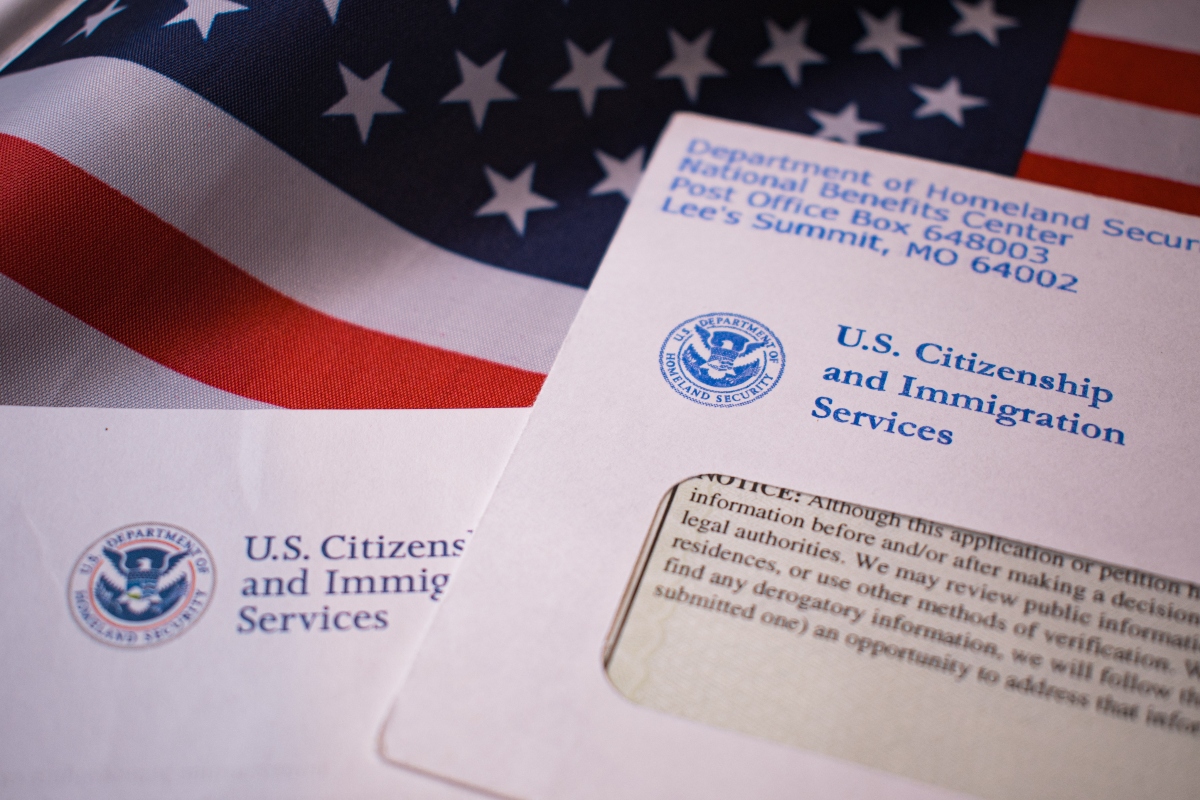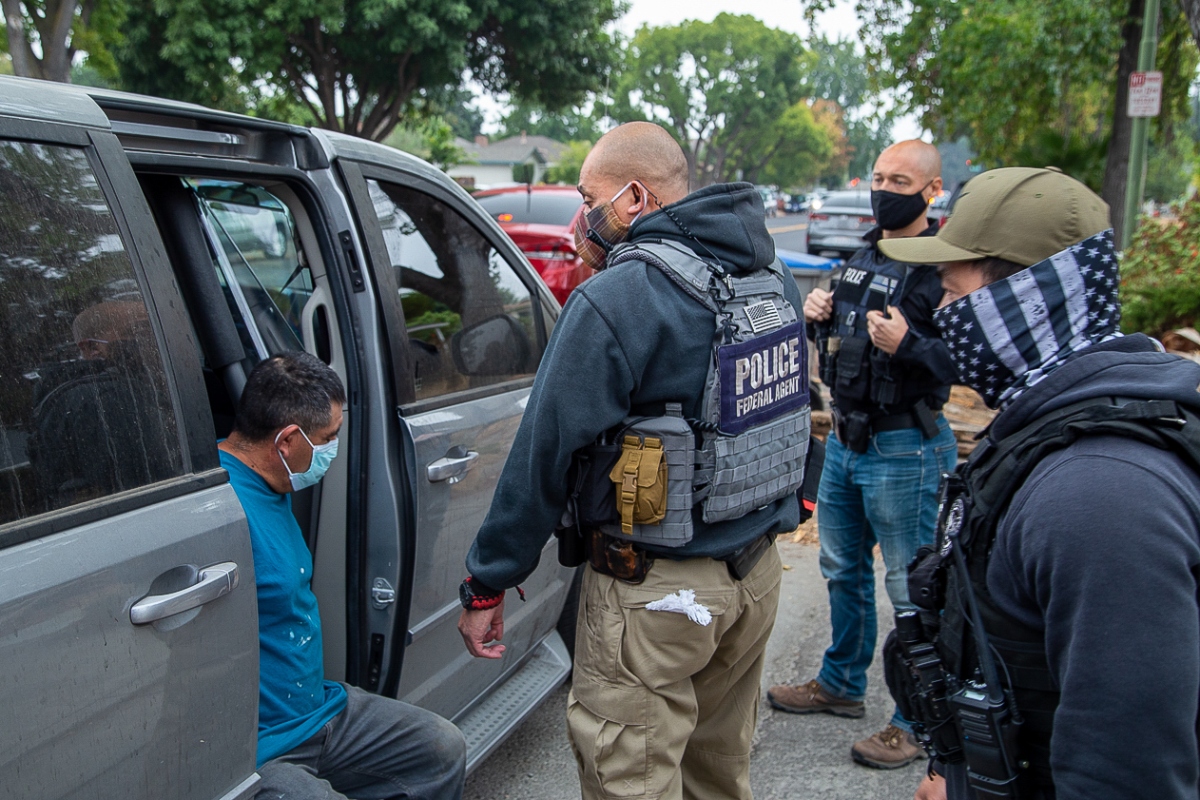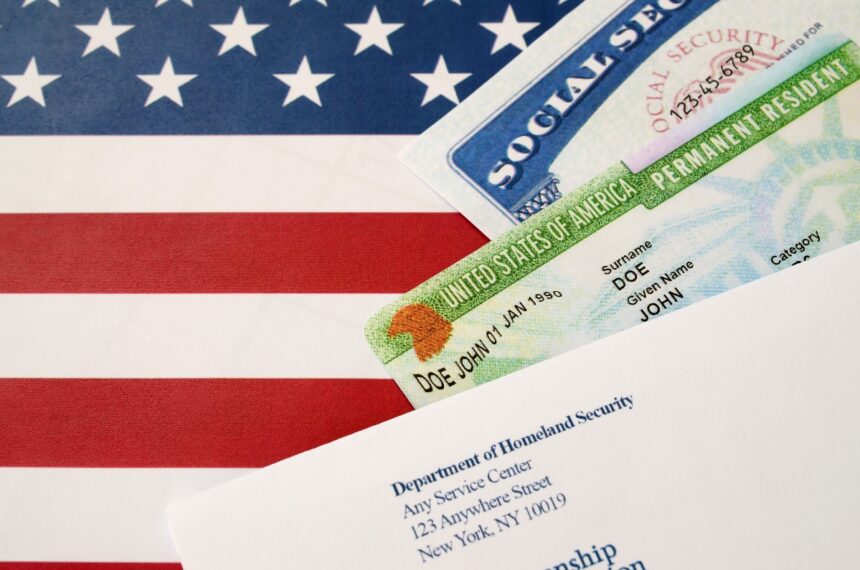In 2025, several state and federal laws in the United States are significantly impacting the Hispanic community. From immigration policy reforms to changes in labor regulations, these provisions are shaping the daily lives of millions of Latinos across the country.
The most relevant ones and their possible effect on the community are detailed below.
Immigration policy reforms

“Gold Card” for wealthy investors: President Donald Trump’s administration has introduced a new immigration program that offers a “Gold Card” in exchange for a $5 million investment in U.S. projects. This legal residency permit opens the path to citizenship and replaces the previous EB-5 program. This initiative is expected to generate significant revenues to reduce the public debt, according to El País.
Mandatory registration of undocumented immigrants: Mandatory registration has been implemented for the approximately 11 million undocumented immigrants in the country. Those over 14 years of age who have resided more than 30 days in the United States must register, providing personal information and fingerprints. Failure to register can result in fines of up to $5,000 and jail sentences of up to six months. This measure is intended to facilitate future removals and enhance national security.
Failure to register for undocumented immigrants can lead to fines of up to $5,000 and sentences of up to six months in jail
QuéOnnda.com
Labor regulations and wage increases

Minimum wage in progressive states: States such as New York and Washington have raised the minimum wage to $15 per hour or more, directly benefiting millions of Latino workers in essential sectors such as services, construction and agriculture, according to Infobae.
Wage disparities in conservative states: In contrast, states such as Georgia and Alabama maintain lower minimum wages, which widens the economic gap and negatively affects Hispanic communities in those regions.
Access to education and health

Expansion of educational benefits in Illinois: Illinois has passed laws that expand access to higher education for dreamers, allowing them to access state scholarships and financial aid, which facilitates their integration and academic progress.
Subsidized health programs in Massachusetts: Massachusetts has implemented subsidized health programs specifically designed to cover low-income immigrant families, improving their access to essential medical services.
Criminal justice reforms

Limiting collaboration with immigration authorities in Arizona: A new law in Arizona prohibits local law enforcement from collaborating with immigration agents in minor cases, offering greater security and confidence to immigrant communities.
Legal restrictions in Tennessee: In contrast, Republican lawmakers in Tennessee have proposed legislation that would prohibit undocumented immigrants from filing most lawsuits in state courts. Legal experts argue that this measure could be unconstitutional, as it would violate the Fourteenth Amendment’s guarantee of equality before the law in the U.S. Constitution.
Recommended actions
Stay informed: It is essential to know the specific laws and regulations in your state and how they may affect you. Local organizations often offer free resources in Spanish to keep the community informed.
Seek legal advice: If you have legal questions or concerns, it is advisable to consult with specialized lawyers or go to community centers that offer legal advice.
Get actively involved: Get involved in groups and organizations that advocate for immigrant rights. Your participation in local and state elections is crucial to influence policies that affect the Hispanic community.
These laws and policies reflect a complex and evolving landscape for the U.S. Hispanic community in 2025.
Staying informed and proactive is critical to navigating and adapting to these changes.
For more National news, visit QuéOnnda.com.






















